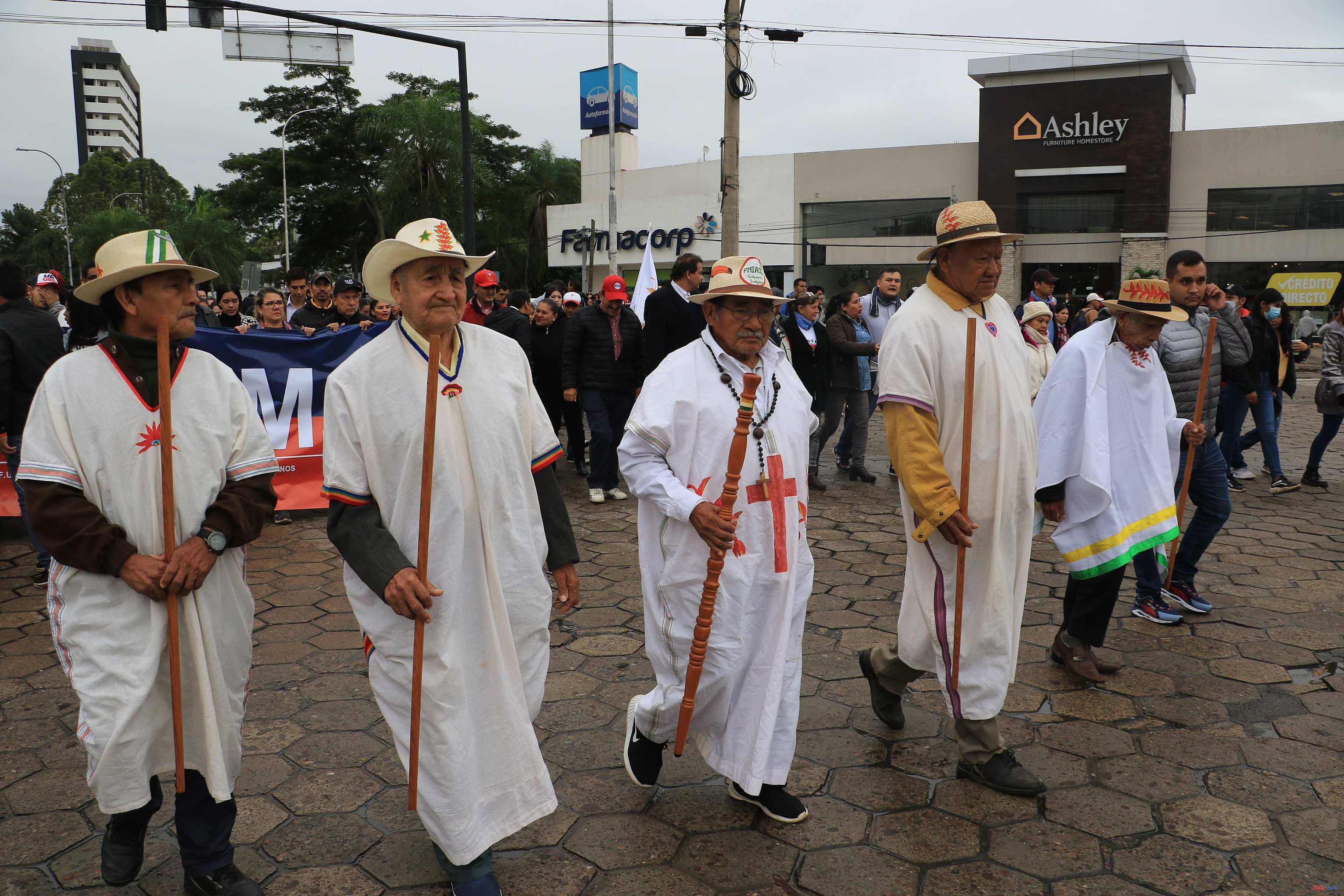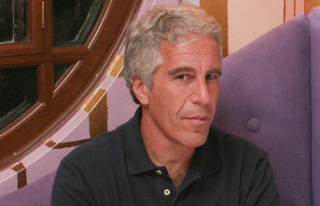Bolivia will be able to sell up to 50% of its gold reserves, according to a law approved this Friday by Congress and promoted by the government of leftist Luis Arce to alleviate the shortage of dollars.
The president will shortly sanction the norm that the majority of the government voted for and that allows the issuing bank to get out of half of its reserves, out of a total of 43 metric tons, despite objections from the opposition.
"Twenty-two tons, half, run out of capacity for use" or for sale purposes, Economy Minister Marcelo Montenegro told the press.
At the same time, the Central Bank of Bolivia was empowered to buy gold from local producers and thus replenish its international reserves, which currently stand at around 3.5 billion dollars.
This law will allow "the strengthening of International Reserves, affected by exogenous causes such as the adverse effects of an unforeseen war between Ukraine and Russia, and the consequent increase in fuel import spending," explained the president of the central bank, Edwin Rojas.
The General Budget of the Nation for 2023 foresees an expense of 1,114 million dollars in the subsidy for the internal prices of diesel and gasoline. Last year that amount reached 1,713 million dollars, according to the state oil company YPFB.
The Arce government argues that it has had to allocate more dollars to cushion fuel prices, generating a shortage of foreign currency in the financial system.
However, the economist and academic Gonzalo Chávez believes that the decline in reserves began in 2014, when they totaled 15.1 billion dollars. The "bad investments" of the State made them fall to the current 3,500 million dollars, he pointed out in a recent opinion article.
Added to this is a "public deficit of 7.7% of GDP, on average for the past nine years, as a symptom of (a) very deep crisis." In addition, gas exports have "dropped from 6,600, in 2014, to 3,000 million dollars, in 2022," Chávez explained.
Almost all banks have limited withdrawals up to 300 dollars a day per person, while the BCB has carried out several foreign currency sales to meet the demand.
According to the criteria of The Trust Project












